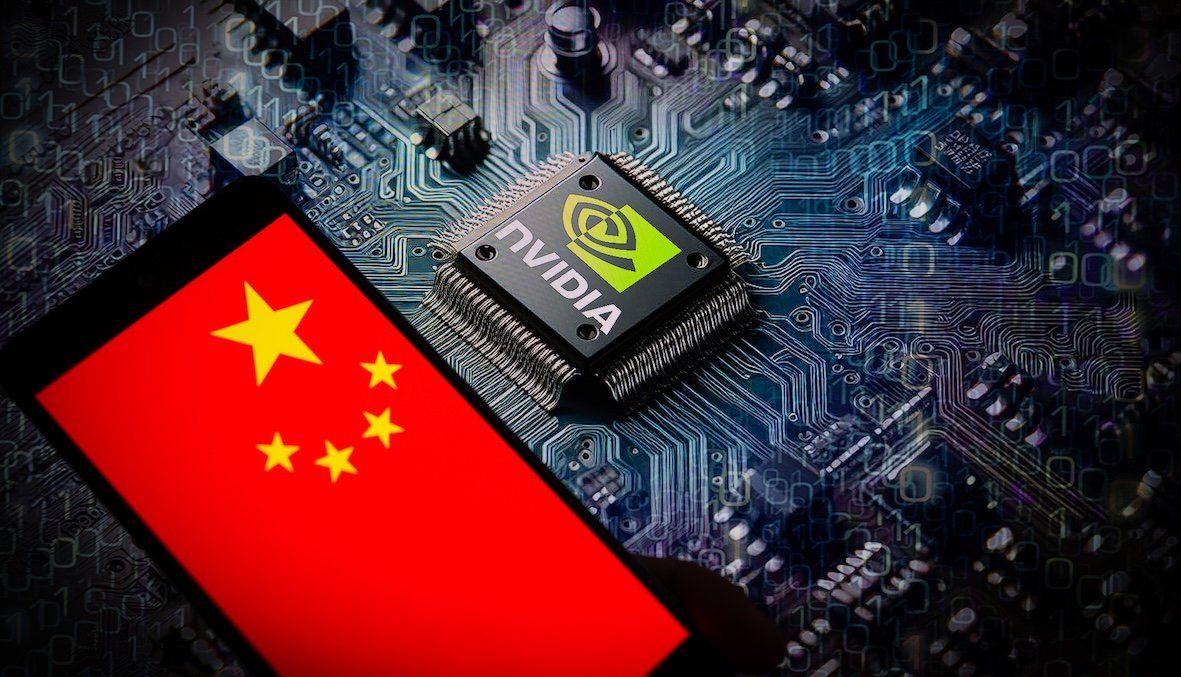The flag of China is displayed on a smartphone with a NVIDIA chip in the background in this photo illustration.
Jonathan Raa/NurPhoto via Reuters
H3C, one of China’s biggest server makers, has warned about running out of Nvidia H20 chips, the most powerful AI chips Chinese companies can legally purchase under US export controls.
Chinese tech giants like Tencent, Alibaba, and ByteDance are buying chips as they race to build AI systems that can compete with American companies like OpenAI and Google. The shortage means these companies might face serious delays in launching their own AI projects, some of which are based on the promising Chinese AI startup DeepSeek’s open-source models.
It also comes at a critical time when China is pouring resources into developing its own AI industry despite having limited access to the most advanced computing technology due to US trade restrictions. New shipments are expected by mid-April, though it could mean months of waiting for Chinese firms to go through the proper channels.
